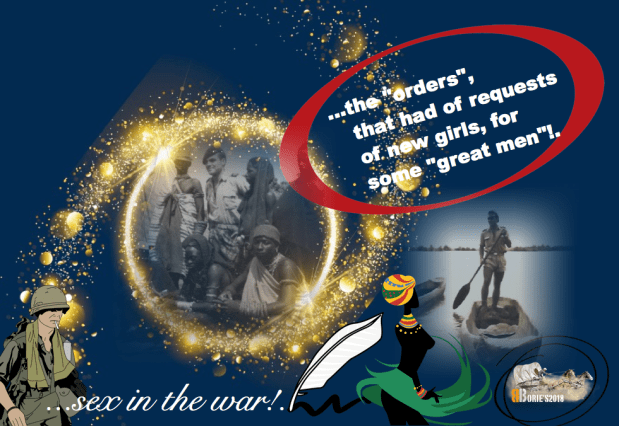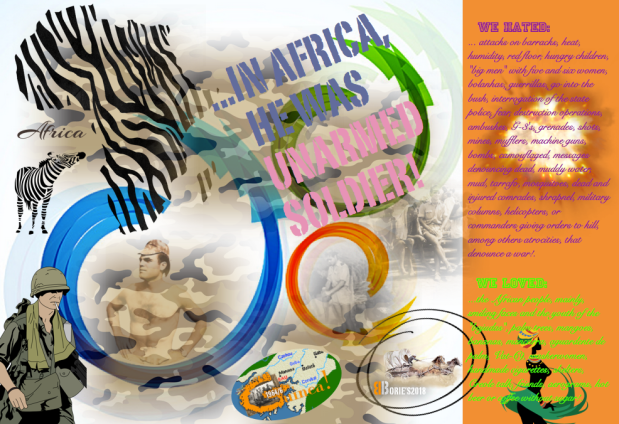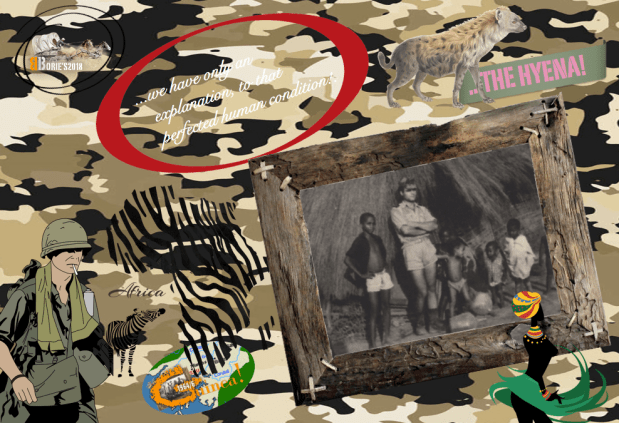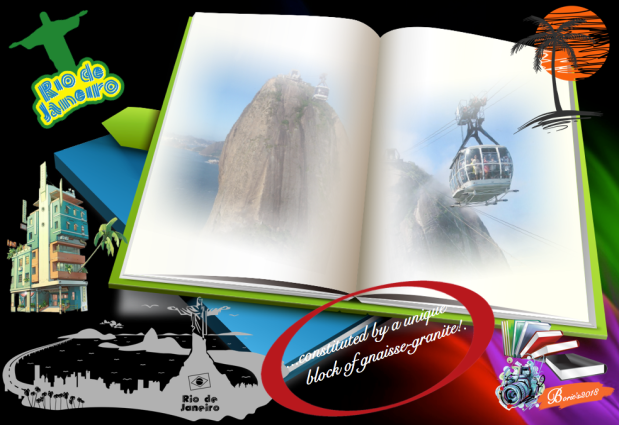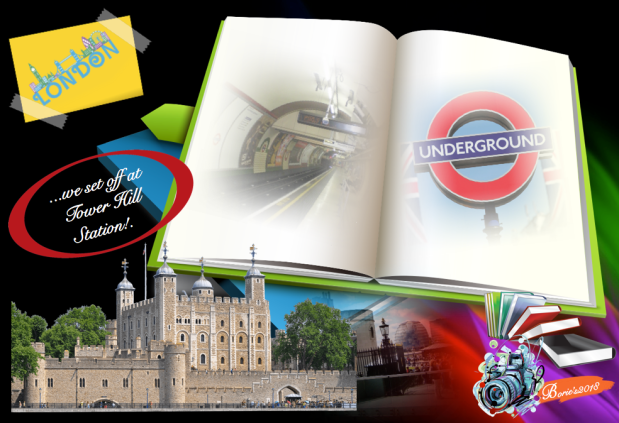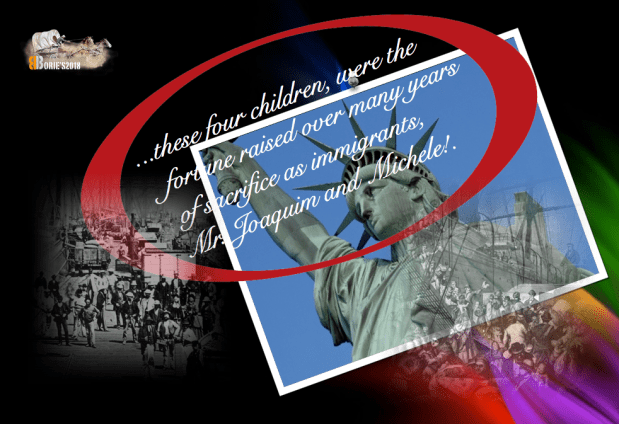…sexo na guerra!. (sex in the war)!.
…nos anos da Guerra Colonial Portuguesa, as atitudes não eram livres, tal como ainda hoje muitas não são e, já lá vão mais de cinquenta anos!. Pensar profundamente sobre a diversidade das Forças Armadas de então e, colectar ensaios de especialistas em toda a gama de questões sociais contenciosas, catalizar discussões que sejam produtivas entre nós, antigos combatentes, que hoje escrevemos sobre a nossa experiência em cenário de guerra, sobre os mais diversos assuntos, incluindo temas como, a luta debaixo de fogo pela sobrevência, o mêdo, a angústia, a coragem ou talvez desespero, a pobreza extrema das populações civis, a fome, a doença e falta de assistência médica, a raça, a etenia ou a sexualidade em cenário de combate, são temas muito sensíveis, são relatos de assuntos que não se dirigem a ninguém, mas dirigem-se a todos nós, tanto de gerações passadas, como as que hão-de vir!. (In the years of the Portuguese Colonial War, attitudes were not free, as they are today many are not, and they have been going on for more than fifty years! To think deeply about the diversity of the Armed Forces of that time and to collect expert essays on the full range of contentious social issues, to catalyze productive discussions between us, former combatants, which we are writing today about our war scenario experience, the subjects such as the fight under fire for survival, fear, anguish, courage or perhaps despair, extreme poverty of civilian populations, the hunger, illness and lack of medical care, race, ethnicity or sexuality in a combat scenario, are very sensitive subjects, they are stories of subjects that are not addressed to anyone, but they are addressed to all of us, both from past generations and those who will come)!.
…este último subjecto, a sexualidade em cenário de guerra, é um dos temas mais sérios, que um combatente enfrentava no interior das savanas e pântanos da então Guiné Portuguesa!. Naquele tempo, chegados a um diferente continente, única e simplesmente, não sabíamos, não tínhamos qualquer informação a respeito deste tema!. Hoje, as novas gerações têm uma mentalidade bastante mais aberta, falam, discutem, vêm jornais, televisão, os computadores com ascesso à internete levam-nos a qualquer lugar no mundo, além ainda de outros meios de comunicação!. Alguns descendentes de populações martirizadas pela guerra, das tais pessoas desarmadas que viveram cenários de combate, expõem as vivências, suas e dos seus antepassados, explicam que a avó, a mãe, a irmã, a prima ou a tia, foram entre outras coisas, abusadas, maltratadas, talvez até violadas!. (This last subjecto, sexuality in a scenario of war, is one of the most serious issues that a combatant faced within the savannas and swamps of the then Portuguese Guinea!. At that time, arriving at a different continent, we simply did not know, we had no information on this subject! Today, the new generations have a much more open mind, talk, discuss, come newspapers, television, computers with Internet access take them anywhere in the world, in addition to other means of communication!. Some descendants of populations martyred by war, of such unarmed people who have lived combat scenarios, expose the experiences, his and his ancestors, explain that grandmother, mother, sister, cousin or aunt, were among other things, abused, mistreated, perhaps even raped)!.
…isto é um tema sério demais para ser tratado de ânimo leve!. Existem hoje, milhares, talvez até milhões de pessoas africanas com feições europeias, pessoas europeias com feições asiáticas, pessoas europeias e asiáticas com feições africanas que, não sabem quem foram o seu pai ou a sua mãe!. (This is too serious a subject to be treated lightly! Today there are thousands, perhaps even millions of African people with European features, European people with Asian features, European and Asian people with African features who do not know it was your father or your mother).
…lá, na então Guiné Portuguesa, nós, falamos do que vimos, da nossa vivência, não só pelo nosso convívio com a população civil, como também pelo nosso relacionamento com alguns militares recrutados na então província, que constantemente, nos convidavam para sua casa, proporcionando-nos o convívio amoroso com algumas jovens raparigas, suas familiares!. Poderíamos ir a sua casa, mas sempre recusámos qualquer convívio amoroso com essas jovens!. Primeiro, pelos princípios morais que sempre tentámos seguir!. Segundo, pensando que a nossa atitude, (naquela época, as atitudes não eram livres), podia ser ainda mais fatal, para estas simples pessoas que, sem qualquer dúvida, eram as maiores vítimas desta miserável guerra!. Terceiro, pela total falta de informação!. No entanto, sim, era verdade, estas simples jovens raparigas, tinham alguns particulares preconceitos sobre os militares europeus, sobretudo algum fascínio pela farda, talvez também alguma curiosidade pela nossa cor da pele!. (There, in what was then Portuguese Guinea, we talked about what we saw, our experience, not only because of our relationship with the civilian population, but also because of our relationship with some of the soldiers recruited in the then province that constantly invited us to their home, providing us with a loving relationship with some young family members!. We could go to her house, but we have always refused any kind of loving relationship with these girls!. First, for the moral principles we have always tried to follow!. Second, thinking that our attitude (at that time, attitudes were not free), could be even more fatal, for these simple people who, undoubtedly, were the greatest victims of this miserable war!. Third, by the total lack of information!. However, yes, it was true, these simple young girls had some particular prejudices about the European military, especially some fascination with the uniform, perhaps also some curiosity about our skin color)!.
…sim curiosidade, que nós europeus, também éramos confrontados com casos não frequentes da vida europeia de então, como por exemplo, para o nosso amigo Iafane, conhecido como o “barqueiro”, que fazia o transporte fluvial de pessoas e bens, durante a maré cheia para a vila de Mansoa, vindo das aldeias ribeirinhas, navegando sobre a água lamacenta do rio, completamente nú, só colocava um farrapo a cobrir-lhe o sexo, quando chegava a terra, depois de ancorar a canoa!. Nós, quando livres das nossas tarefas militares, andando por ali, passávamos grande parte do nosso tempo ouvindo-o, junto da sua casota coberta de colmo, às vezes construindo uma nova canoa, fumávamos um cigarro feito à mão, ele ia falando, naquele português acrioulado, que nós compreendíamos, contando-nos entre outras coisas, as “encomendas”, que tinha de pedidos de novas raparigas, para alguns “homens grandes”, (homens donos de terras e rebanhos de animais, normalmente chefes de aldeias)!. Ele, o Iafane, ficava muito admirado, quando lhe explicávamos que na Europa, o homem casava com uma só mulher!. (But curiosity, that we Europeans, were also confronted with unusual cases of European life at the time, for example, for our friend Iafane, known as the “boatman”, who made the river transport of people and goods, during the full tide to the village of Mansoa, coming from the riverside villages, sailing on the muddy water of the river, completely naked, only put a rag to cover her sex, when she landed, after anchoring the canoe!. When we were freed from our military duties, we spent a great deal of our time listening to him, at his flat-roofed cellar, sometimes building a new canoe, smoking a hand-made cigarette, he was talking in that Portuguese acrioulado, that we understood, among other things, the “orders”, that had of requests of new girls, for some “great men” (men who own land and herds of animals, usually heads of villages)! . He, Iafane, was much astonished when we explained that in Europe, the man married with only one woman)!.
…a sua Guiné, era um refúgio seguro, onde podia ter relações legalmente, quase como se fosse um casamento, com três, quatro ou cinco mulheres, longe da Europa, do resto do mundo, Guiné esta, em algumas zonas, profundamente racista!. No entanto, o mesmo nosso amigo Iafane, era subestimado, a sua acção era ignorada, fazia parte da história colonial, daquele braço português de opressão racial e subjugação dos civis guinéus, especialmente nas áreas rurais, para projectar, entre outras coisas, o poder do homem, e claro, o medo, e voltamos a dizer, a subjugação entre a população feminina, onde as mulheres por norma, tinham por obrigação trabalhar de sol a sol e, repartir o seu marido por três, quatro ou cinco companheiras, tudo isto enquanto estivessem na idade de dar alguns filhos, porque depois, eram única e simplesmente colocadas de lado, para trabalhos menores, como cozinhar, tomar conta dos animais e filhos das novas esposas, do senhor seu marido!. (His Guinea, was a safe haven, where he could have legal relations, almost as if it were a marriage, with three, four or five women, far from Europe, from the rest of the world, Guinea is in some areas deeply racist!. However, the same our friend Iafane, was underestimated, his action was ignored, it was part of colonial history, that Portuguese arm of racial oppression and subjugation of the civil guineas, especially in the rural areas, to project, among other things, the power of man, and of course fear, and we say again, the subjugation among the female population, where women as a rule, had to work from sun up to sun, and to divide her husband by three, four or five companions, all so long as they were of the age to give some children, because afterwards they were simply put aside for minor work, such as cooking, taking care of the animals and children of the new wives, the lord your husband)!.
…nós, andámos pelo interior das aldeias rurais, vimos, os nossos olhos viram, era uma verdade daquele tempo que, felizmente deve de estar ultrapassada, oxalá que sim!. Depois destes anos todos, muita água passou debaixo da ponte do lamacento rio Mansoa, que ainda hoje não sabemos se era um rio ou um braço de mar, se pelo seu leito corria água fresca ou salgada, lá naquela Guiné, duma África de terra vermelha, onde naqueles anos de combate, tudo era um pretexto para os guerrilheiros, que lutavam pela independência do seu território, nos combaterem, usando as suas armas para nos ferirem e matarem, culpando a invasão do tal militar europeu, que era para lá mandado pelo então governo de Portugal, que mobilizado e forçado, ia alimentar uma guerra que, hoje sabemos que era injusta!. (We walked through rural villages, we see, our eyes saw, it was a truth of that time that, fortunately must be outdated, hopefully yes!. After all these years, much water passed under the bridge of the muddy river Mansoa, which we still do not know today whether it was a river or an arm of the sea, if in its bed there was fresh or salty water, in that Guinea, of a red earth Africa, where in those years of fighting everything was a pretext for the guerrillas, who fought for the independence of their territory, to fight us, using their arms to wound us and to kill, blaming the invasion of that European military, who was sent there by the then government of Portugal, which mobilized and forced, was going to fuel a war that, today we know it was unfair)!.
…mas onde alguns irmãos combatentes, que faziam parte das Forças Armadas de Portugal, soldados africanos recrutados nas aldeias ao norte no aquartelamento onde estávamos estacionados, que ao nosso lado combatiam os guerrilheiros, ajudavam a criar caminhos para atitudes raciais, compartilhando perconceitos profundamente desonestos, pois muitas vezes ofereciam as tais irmãs, primas ou tias, ao tal militar europeu, a preço de pequenos previlégios, como por exemplo serem candidatos a vestir a farda camuflada, com uma boina militar na cabeça, ou levarem uma lata com algum resto de comida para as suas aldeias, pois num país em guerra e sem qualquer futuro, eles ainda jovens, viam nessa atitude, enfim, algum modo de sobrevivência!. (But where some fighting brothers, who were part of the Armed Forces of Portugal, African soldiers recruited in the villages to the north in the barracks where we were stationed, who fought against the guerrillas, helped to create paths for racial attitudes, sharing deeply dishonest, because they often offered such sisters, cousins or aunts, to such a European military man, at the price of small privileges, such as being able to wear the camouflage uniform with a military beret on his head or take a can with some of food for their villages, because in a country at war and without any future, they still young, saw in this attitude, anyway, some way of survival)!.
…também temos a consciência, de que naquele tempo, se o homem africano, neste caso o nosso amigo Iafane, tentasse alguma vez convidar a mulher europeia para uma aventura na cama, se essa mulher não gostasse do convite, seria imediatamente considerado um “estrupador”, sujeito a levar dois tiros em qualquer parte do seu corpo, ali mesmo à “queima roupa”, tudo isto passado na sua terra natal!. Todavia, se o “Liebuoy”, cujo nome de guerra lhe foi colocado porque vendia entre ouras coisas, sabonetes lá no aquartelamento e, às vezes andava de namoro com uma das filhas do Libanês, que era um soldado europeu, muito popular no aquartelamento de Mansoa, convidasse a filha do “homem grande”, da tabanca ao norte, que tinha sómente treze anos de idade, para a mesma aventura sexual, e ela não acedesse, fazendo queixa ao pai, o crime do soldado europeu “Libebuoy”, era culpado única e simplesmente de uma aventura sexual, considerada uma pequena diversão!. (We are also aware that at that time, if the African man, in this case our friend Iafane, ever tried to invite the European woman to an adventure in bed, if that woman did not like the invitation, she would immediately be considered a “rapper”, subject to taking two shots anywhere on his body, right there to “burn clothes”, all this spent in his homeland!. However, if the “Liebuoy”, whose war name was put to him because he sold in other things, soaps in the barracks, and sometimes went out to court with one of the daughters of the Lebanese, who was a European soldier, very popular in the barracks of Mansoa, to invite the daughter of the “big man” of the tabanca to the north, who was only thirteen years old, for the same sexual adventure, and she did not accede to the crime of the European soldier “Libebuoy” guilty only and simply of a sexual adventure, considered a little fun)!.
…infelizmente, era o sistema implantado naquele tempo, que ajudou a fazer a história colonial, que motivou as populações africanas a pegarem em armas, revoltando-se, como aconteceu em outras partes do mundo!. Mas voltando ao sexo em zona de guerra, alguns de nós, pelo menos os que estiveram estacionados no interior de África, nas aldeias rodeadas de savanas e pântanos, depois de algum tempo, aprendemos, sabíamos que as raparigas africanas tinham algum fascínio pelo homem europeu, porquê, verdadeiramente não sabemos, todavia elas, podiam não saber ler ou escrever, tinham pouco contacto com o exterior mais civilizado, mas sabiam as “luas”, tinham a sua medicina à base de ervas e outros ingredientes, algumas afrodisíacas, conheciam o seu corpo, tinham conhecimento sobre sexo, sobre a procriação, sabiam os segredos do prazer e do amor, “estava-lhes no sangue”, tudo isto fazia parte da sua educação nas aldeias rurais, que lhe eram ministrados pelas mães, irmãs ou avós, conhecimentos esses que o resto do mundo talvez nunca chegará a saber, representavam a natureza, sabiam quando procurar a companhia do homem, ou quando deviam fugir dele!. Era uma África um pouco selvagem!. (Unfortunately, it was the system implanted at that time, which helped to make colonial history, which motivated the African populations to take up arms, revolting, as happened in other parts of the world! But back to war zone sex, some of us, at least those who were stationed in the interior of Africa, in the villages surrounded by savannas and swamps, after a while we learned, we knew that the African girls had a fascination for the European man, because we really do not know, yet they could not know how to read or write, they had little contact with the more civilized exterior, but they knew the moons, they had their medicine based on herbs and other ingredients, some aphrodisiacs, their bodies, had knowledge about sex, about procreation, knew the secrets of pleasure and love, “it was in their blood,” all this was part of their education in the rural villages given to them by mothers, sisters or grandmothers , knowledge that the rest of the world might never know, represented nature, knew when to seek the company of man, or when to flee from it! It was a little wild Africa)!.
…nós somos os herdeiros de gerações passadas, é um legado que faz parte da história da civilização, estamos em crer que na maioria dos casos, se houve sexo em cenário de guerra, foi um acto que teve atracção mútua, e nós, sobreviventes de uma guerra de guerrilha, ainda por cá andamos, mas hoje, o planeta Terra vai estremecer diante da perspectiva de uma guerra que pode envolver duas ou mais superpotências nucleares, cuja proliferação pode aumentar o risco de uma catástrofe onde a espécie humana, além de outras coisas, precisará muito sexo para continuar a escrever a história da civilização!. (We were the heirs of past generations, it is a legacy that is part of the history of civilization, we believe that in most cases, if there was sex in a war scenario, it was an act that had mutual attraction, survivors of a guerrilla war, we are still here, but today planet Earth will shudder at the prospect of a war that may involve two or more nuclear superpowers, whose proliferation may increase the risk of a catastrophe where the human species, besides other things, will need much sex to continue to write the history of civilization)!.
Tony Borie, May 2018.

